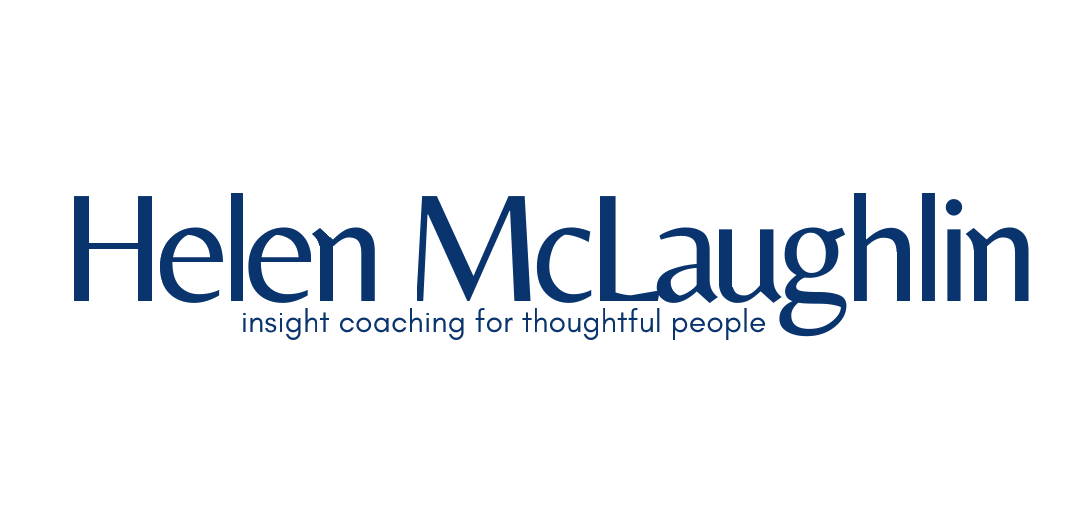[This is Part 2 of a two-part series on the very best personal development resources I discovered—and was changed by—in 2018.]
AN AWARENESS
This is decidedly more personal personal development, but 2018 was my year of more robust menstrual cycle awareness via two major sources:
5. Toni Weschler’s Taking Charge of Your Fertility, which I picked up thanks to enthusiastic endorsements from several different, unrelated female friends. In case the title puts you off, let me just say: This book isn’t only about fertility in the sense of becoming pregnant; it’s also about women’s gynecological and sexual health, and it’s written in a conversational tone as opposed to the disembodied dry voice of your ninth grade biology textbook. I learned more about my menstrual cycle from this book than I knew in 20 years of experiencing one firsthand! If you are a female of reproductive age, this book is a must-read.
6. Women’s life coach, Claire Baker, who specializes in menstrual cycle awareness. Of course I always knew my body operated on a cycle, but using Claire’s tools (many of which are free here), I developed a powerful awareness of just how much my energy and creativity change over the course of 30 or so days. With this new information, I’ve been able to alter my diet, my coaching and social schedules, and the expectations I have of myself—all depending on where I am in my cycle. Fellow uterus-owners: Life unfolds with far more ease when we pay attention to this integral part of our biology! If you haven’t already, do yourself a favor and tune into yours.
ANOTHER AWARENESS
This year was my first full year living in an entirely new-to-me climate. Dry, itchy skin and unusually straight hair in the winter weren’t the only side effects requiring some adjustments to my routine:
7. Besides being a licensed acupuncturist and practitioner of Chinese medicine, Lauren Kaneko-Jones is a seasonal wellness expert—something I’d never heard of, but came to majorly appreciate during my first January in northeast Wisconsin. From Lauren’s website:
In Chinese medicine the practice of living seasonally is vital to maintain well-being. Nutrition, lifestyle and mindset shifts as the weather and light shift. In our modern lives, how do we adjust our lifestyles to adapt to the shifts of the seasons? Oftentimes we continue forth in our seasons as if nothing has shifted. When we ignore change in our lives season by season it is an easy habit to ignore in our lives. Yet, we all change. We are always changing. Well in the West is a place to remind you to attune to nature’s messages, switch things up, live by the seasons and allow yourself to change.
As I’ve articulated before, living seasonally is a challenge for me (rather, doing so with full presence is where I struggle), so when I discovered Lauren’s work, I was prompted to pay closer attention to all the shifts and transitions that were happening around me, and within me, all the time. I enthusiastically endorse both Lauren’s weekly newsletter and Instagram feed because I’ve found that they offer me new insights into my human experience…and they also confirm for me what I might’ve felt on some intuitive level, but wasn’t yet able to articulate. Case in point: Lauren’s Instagram post from November 28th:
Keep things simple. December can make things complicated. There are many events, holidays, social activity and intensity. On top of that, it’s winter! Which means our bodies are craving simplicity.
Instant validation for the way I’m feeling—the way I’ve been feeling for some time—but might’ve believed was a winter experience particular to me and my fellow introverts.
And there you have it! These are the top seven resources I learned from this year and will be carrying forward—both personally and professionally—into 2019.
What about you? What meaningful resource or resources did you discover this year that made a difference in how you live? Please share with us below.
